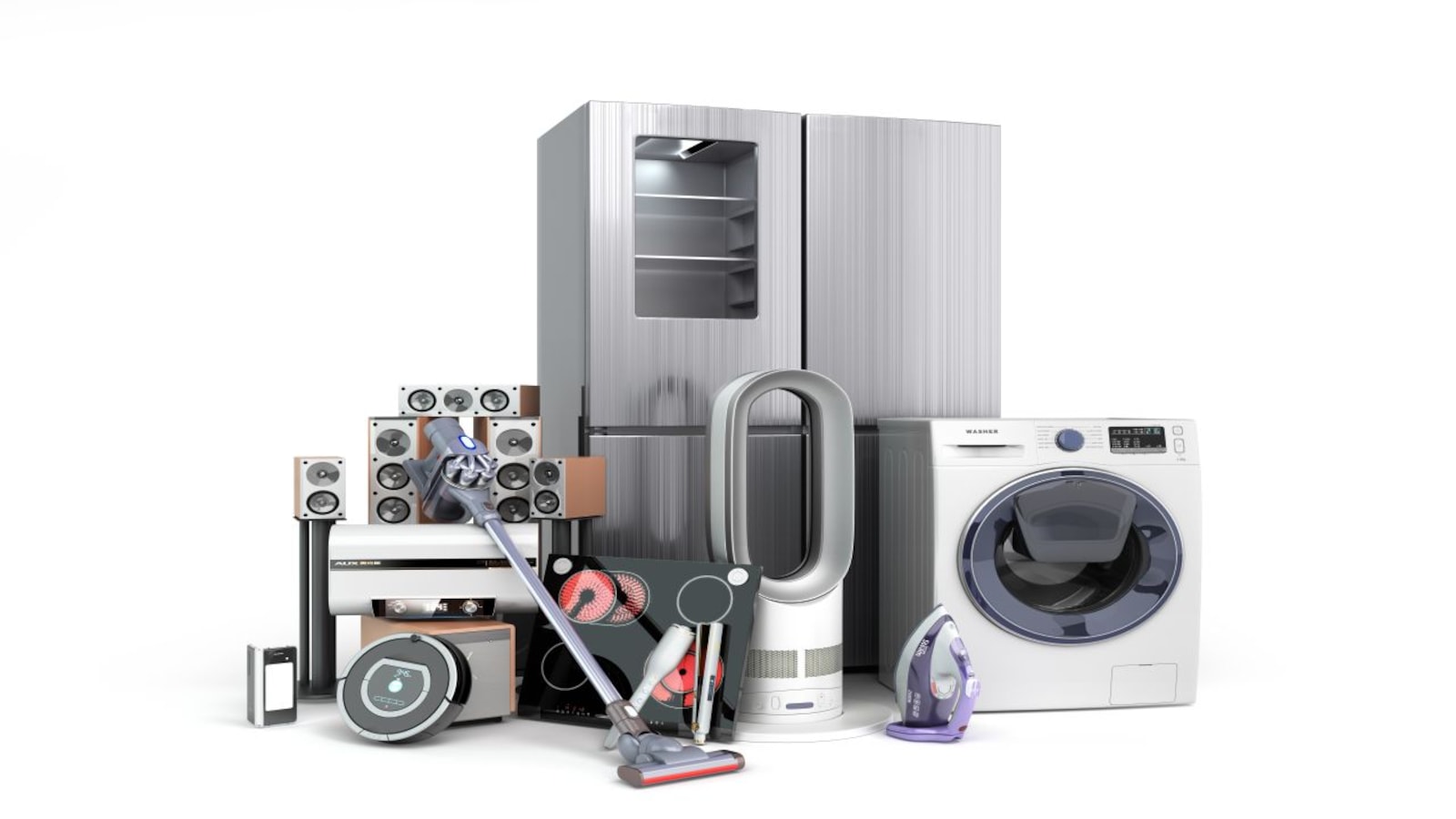Home appliances have become a necessity in today’s world. They are designed to make our lives easier and more comfortable by reducing the time and effort required to complete daily household chores. From washing machines to refrigerators, and from air conditioners to vacuum cleaners, these appliances have become an integral part of modern living. However, with so many options available in the market, it can be overwhelming to choose the right home appliance. To maximize the need in home appliances purchase, there are several factors to consider, including functionality, energy efficiency, durability, and cost. Functionality is one of the most critical factors to consider when purchasing a home appliance. For example, if you are looking for a washing machine, you need to consider the size of your family and the frequency of your laundry. If you have a large family and do laundry frequently, a high-capacity washing machine will be more suitable for your needs. On the other hand, if you have a small family and do laundry only once a week, a smaller capacity washing machine will suffice.
Another important aspect to consider is energy efficiency. Home appliances that are energy-efficient not only save money on electricity bills but also help reduce carbon emissions. Durability is another critical factor to consider when purchasing home appliances. No one wants to spend money on an appliance that will break down after a few months of use. Look for appliances made from durable materials such as stainless steel or high-quality plastic. Additionally, check the warranty offered by the manufacturer to ensure that the appliance is covered for a reasonable period. Cost is also a factor to consider when purchasing home appliances. While you may be tempted to buy the cheapest appliance available, it is essential to remember that quality often comes with a higher price tag. It is better to invest in a high-quality appliance that will last longer than to buy a cheaper one that will need to be replaced frequently.

To maximize the need in home appliances purchase, it is essential to research the various options available in the market. Read reviews online, ask for recommendations from friends and family, and visit stores to see the appliances in person. Additionally, consider the brand reputation and customer service provided by the manufacturer. When purchasing home appliances, it is also important to keep in mind the intended use of the appliance. For example, if you are purchasing a refrigerator, consider the size of your family, the types of food you regularly store, and your storage needs. If you are purchasing an air conditioner, consider the size of your room, the level of insulation, and the climate in your area. It is also essential to consider the features of the appliance. For example, if you are purchasing a washing machine, look for features such as a quick wash cycle, a delay start option, and a high spin speed. These features can make laundry day more convenient and efficient.
When purchasing home appliances, it is also essential to consider the installation process. Some appliances, such as air conditioners, may require professional installation, while others, such as vacuum cleaners, can be easily assembled at home. Consider the installation process when making your purchase and factor in any additional costs that may be incurred. Lastly, consider the maintenance requirements of the appliance. Some appliances, such as refrigerators and air conditioners, require regular maintenance to function efficiently. Consider the time and effort required to maintain the appliance and factor in any additional costs that may be incurred. In conclusion, maximizing the need in home appliances purchase requires careful consideration of several factors, including functionality, energy efficiency, durability, cost, brand reputation, customer service, intended use, features, installation process, and maintenance requirements.

